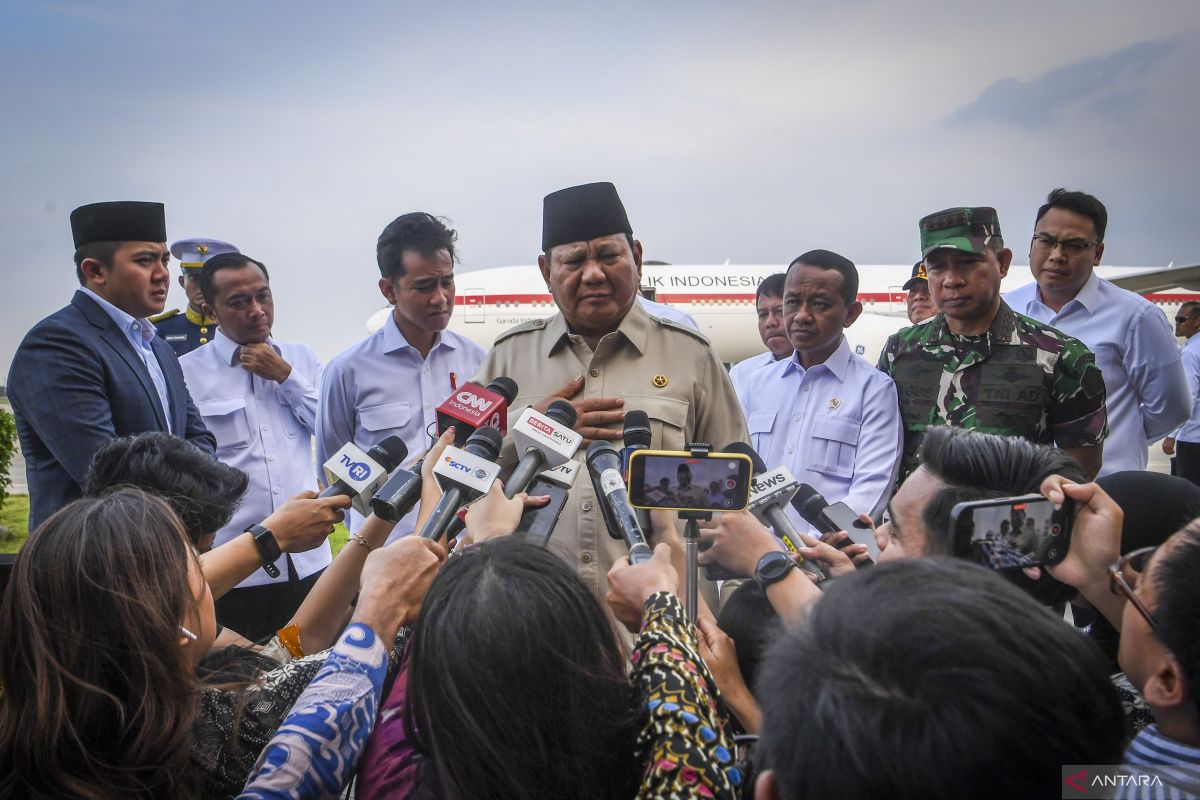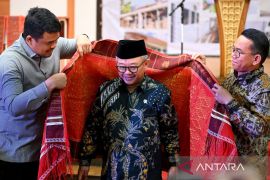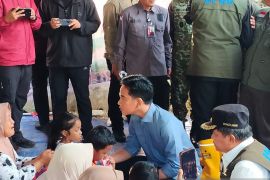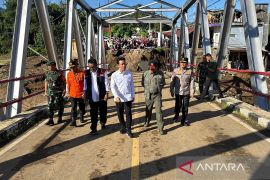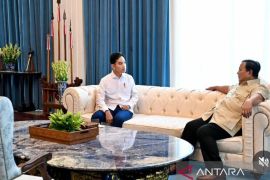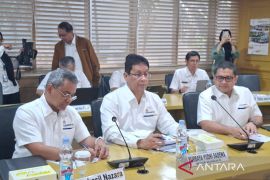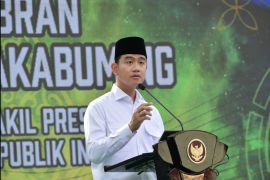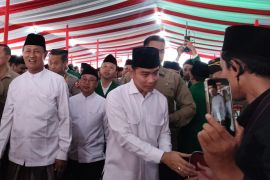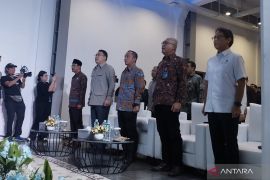In that relatively short time, a distinct pattern of governance has emerged — an accommodative political approach aimed at embracing diverse political forces.
Rather than prolonging post-election polarization, Prabowo has pursued consolidation, working with former rivals to ease tensions and reinforce national stability in his administration’s first year.
On several occasions, Prabowo has underscored the importance of political maturity.
“Those who lose must be big-hearted, and those who win must include others,” he said — a principle that has guided his political strategy.
Embracing Opponents
This accommodative approach is most visible in the composition of his Red and White Cabinet, where Prabowo appointed figures from across the political spectrum.
Among them is National Awakening Party (PKB) chairman Abdul Muhaimin Iskandar, his former rival in the 2024 presidential election, who now serves as Coordinating Minister for Community Empowerment.
Prabowo also included other PKB politicians, such as Abdul Kadir Karding as Minister for the Protection of Indonesian Migrant Workers, and Yassierli, nominated by the Prosperous Justice Party (PKS), as Minister of Manpower. Both parties joined Prabowo’s coalition after the election.
This pattern has continued. Most recently, Mahfud MD, another former rival, has been widely reported as a potential member of the National Police Reform Committee, demonstrating Prabowo’s effort to turn past opposition into cooperation.
Such political decisions are part of a deliberate consolidation strategy designed to create stability — an essential condition for effective national development.
Political Stability
With the formation of the Indonesia Onward Coalition Plus (KIM Plus), Prabowo has secured parliamentary dominance, commanding 470 of 580 seats, or about 81 percent.
Only the Indonesian Democratic Party of Struggle (PDI-P), which holds 110 seats (19 percent), has chosen to remain outside the government.
However, PDI-P does not identify itself as the opposition, instead calling itself a “balancing force.” The party has pledged to support pro-people policies while maintaining a critical stance when necessary.
This political configuration creates equilibrium — a strong government base in the legislature while maintaining oversight through parties outside the administration.
As a result, executive-legislative relations have remained largely harmonious — a rare occurrence in the early stage of a new administration.
When mass demonstrations erupted in late August, Prabowo coordinated with party leaders and parliament to de-escalate tensions. The response was viewed as effective, and stability was quickly restored.
In a political landscape often marked by competing interests, such stability is a notable achievement. Productive cooperation among stakeholders has allowed the government to focus on substantive policy rather than prolonged conflict.
Fostering Unity
Prabowo’s accommodative approach has also appeared in symbolic but significant reconciliation measures.
The granting of amnesty to PDI-P Secretary-General Hasto Kristiyanto and the clemency for Thomas Trikasih Lembong, a former trade minister and member of Anies Baswedan’s campaign team, signaled a desire to reset political relations.
These gestures reflect Prabowo’s intent to reduce confrontation that can obstruct governance. The amnesty for Kristiyanto, in particular, opens the door to more cooperative ties between the government and PDI-P.
By embracing former opponents, Prabowo has broadened political dialogue, reduced social friction, and reinforced the spirit of national unity.
On Sept. 29, Prabowo attended the closing ceremony of the 6th National Congress of the Prosperous Justice Party (PKS).
In his address, he emphasized that the essence of politics lies in sincerity and a strong commitment to advancing public welfare and delivering tangible benefits to the nation.
His presence at the event underscored his commitment to inclusive engagement with all political groups in the spirit of unity and national progress.
Checks and Balances
While this accommodative approach has yielded advantages such as stability and parliamentary strength, it also poses challenges. The administration must sustain this stability while preserving robust democratic checks and balances.
In this context, the roles of civil society, the media, and balancing forces like PDI-P are crucial to keeping democracy vibrant and accountable.
The success of a government, observers note, is not only measured by the pace of development but also by its commitment to legal integrity, freedom of expression, and public participation.
Prabowo’s inclusive strategy forms the foundation for delivering key campaign promises — including the Free Nutritious Meals (MBG) program, Free Health Check-ups (CKG), Sekolah Rakyat, subsidized housing for low-income families, and efforts to strengthen the national economy.
One year into the Prabowo-Gibran administration, the government’s efforts to shape a more inclusive political framework are becoming evident. This approach shows how power can serve as a unifying force for the greater good.
While not without flaws and still subject to shifting political dynamics, the course taken so far reflects Prabowo’s intent to make political stability the cornerstone of Indonesia’s national development agenda.
Related news: Defense seen as key strength in Prabowo's first year: IARMI
Related news: One year on, Prabowo puts Indonesia in the global spotlight
Editor: Rahmad Nasution
Copyright © ANTARA 2025
